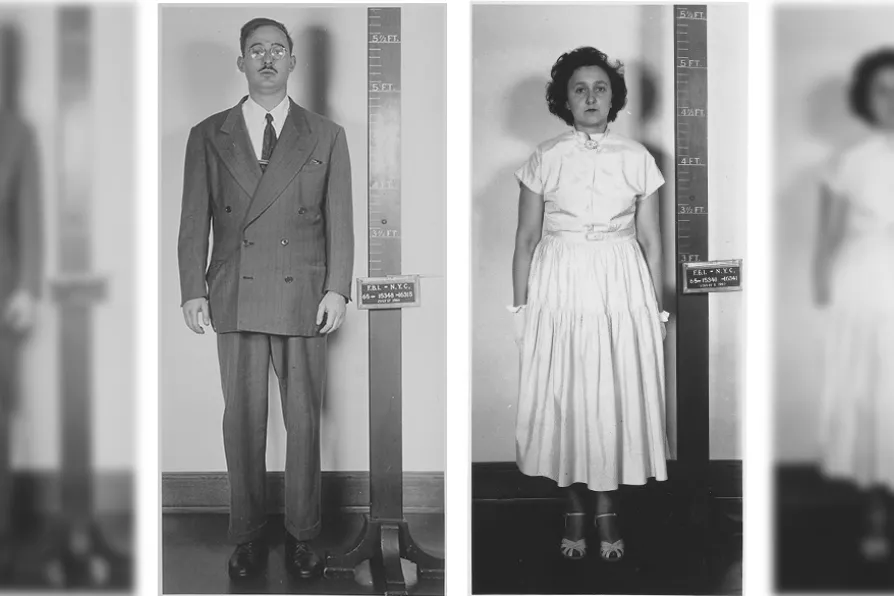TUC general secretary PAUL NOWAK speaks to the Morning Star’s Berny Torre about the increasing frustration the trade union movement feels at a government that promised change, but has been too slow to bring it about

 Julius (left) and Ethel Rosenberg became symbols of the severity of the cold war espionage contest after their arrest, trial and deaths in the electric chair
Julius (left) and Ethel Rosenberg became symbols of the severity of the cold war espionage contest after their arrest, trial and deaths in the electric chair
A TOP US government codebreaker who decrypted secret Soviet communications during the cold war concluded that Ethel Rosenberg knew about her husband’s activities but “did not engage in the work herself,” according to a recently declassified memo that her sons say proves their mother was not a spy and should lead to her exoneration in the sensational 1950s atomic espionage case.
The previously unreported assessment, written days after Rosenberg’s arrest and shown to the Associated Press, adds to the questions about the criminal case against Rosenberg, who along with her husband, Julius, was put to death in 1953 after being convicted of conspiring to steal secrets about the atomic bomb for the USSR.
The couple maintained their innocence until the end, and their sons, Robert and Michael Meeropol, have worked for decades to establish that their mother was falsely implicated in spying. The brothers consider the memo a smoking gun and are urging President Joe Biden to issue a formal proclamation saying she was wrongly convicted and executed.














